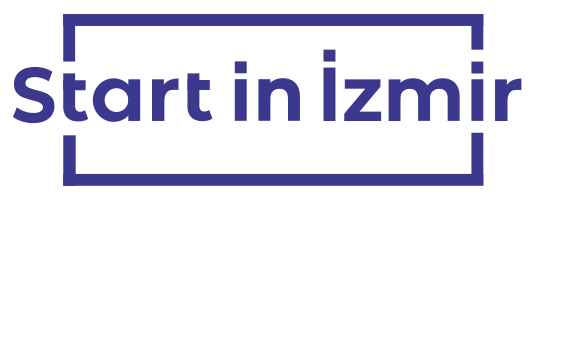Activities are carried out to ensure coordination among relevant actors on topics included in the Izmir Regional Plan that require different institutions to work together for implementation.


Clean Energy Cluster Activities
BEST For Energy Project
The BEST For Energy (Boosting Effective and Sustainable Transformation for Energy) Project, financed within the framework of the European Union and Republic of Turkey financial cooperation under the Competitive Sectors Program conducted by the Ministry of Industry and Technology, has been implemented by Izmir Development Agency in partnership with the Energy Industrialists and Businesspeople Association (ENSİA).
The project, which started in 2020 with the goal of developing a highly competitive cluster in the field of clean energy and clean technologies and was completed in June 2023, carried out numerous analyses, ecosystem development, promotion, and internationalization activities in the wind, solar, geothermal, biomass, and green hydrogen sub-sectors.
Following the completion of the project, cluster development activities and efforts to strengthen cooperation among cluster actors continue to transfer the knowledge produced within the project into practice.
You can access the project website via this link.

Start in İzmir
An Izmir-specific entrepreneurship platform has been created under the corporate identity “Start in İzmir” to bring together the Izmir entrepreneurship ecosystem under a single umbrella brand, develop the entrepreneurial environment, and increase coordination among actors in the entrepreneurship ecosystem. Through the platform, the agenda of the Izmir entrepreneurship ecosystem can be followed from a single address and all actors are informed of each other. Our goal is to make the “Start in İzmir” platform the main meeting point of the Izmir entrepreneurship ecosystem.
You can access the Start in İzmir platform via this link.

Izmir Industrial Symbiosis Project
The Izmir Industrial Symbiosis Project is being conducted to establish the technical infrastructure needed for the realization of industrial symbiosis practices among producer companies, primarily industrial enterprises, in the Izmir region.
Within the scope of the project, which began implementation in 2021, awareness and training activities are carried out, synergy workshops are held for potential industrial symbiosis collaborations, a doctoral research support program is implemented in cooperation with TUBITAK, and a domestic software program specific to industrial symbiosis is being developed. In addition, pilot applications that will serve as examples for the region are supported, and institutional capacity building efforts continue to establish the sustainability of the project.

Creative Industries
Our Agency views creative industries as an important development axis for Izmir and continues its work to develop sectors within the scope of creative industries in Izmir, in line with the findings in the report titled “Analysis of Creative Industries in Turkey at NUTS-2 Regional Level: A Look at Izmir” published in 2020. In this context, two important EU projects in which our Agency is a project partner are being implemented.
Within the scope of the Competitive Sectors Program conducted by the Ministry of Industry and Technology, financed within the framework of the European Union and Republic of Turkey financial cooperation, the “Create in İzmir: Cultural and Creative Industries Entrepreneurship Center Project” aims to provide Izmir with a Creative Industries Entrepreneurship Center; the “INSPIRE Technical Assistance for Capacity Building for Appropriate Transformation of Creative Economy in Turkey Project” aims to prepare Turkey’s creative economy strategy.
You can access the project websites via the following links:

Urban and Spatial Studies
Activities are carried out in cooperation with relevant institutions and organizations, primarily universities, to strengthen the relationship between the Izmir Regional Plan and spatial planning practices, increase the spatial planning capacity of local governments, and support spatial planning practices with scientific studies.




